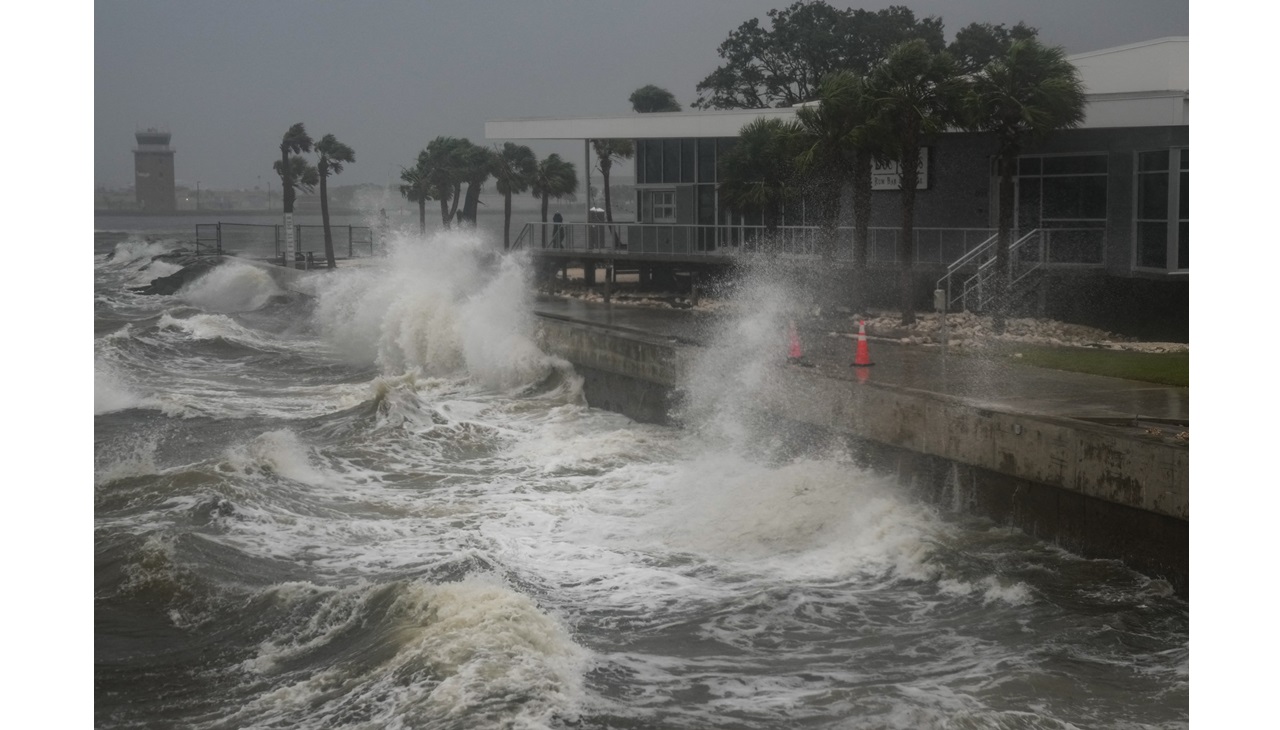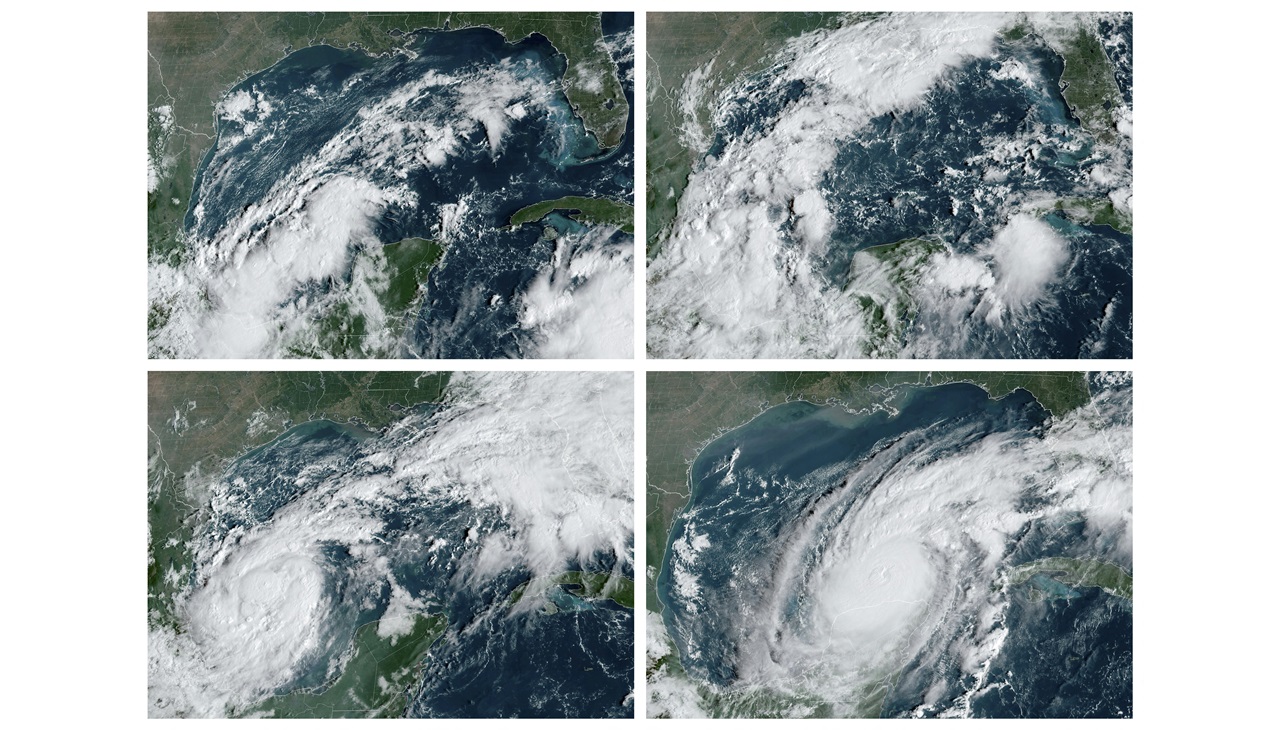
Kamala Harris, vice president of the United States. Photo: Getty Images
What is the Havana Syndrome that delayed Kamala Harris' flight to Vietnam?
On Tuesday, Aug. 24, the vice president's flight was delayed several hours for two possible cases of Havana Syndrome.
Vice President Kamala Harris' flight from Singapore to Vietnam was delayed several hours because of an investigation into two possible cases of Havana Syndrome, according to U.S. government officials.
After an investigation passed its early stages, officials said it was safe for Harris to make her stop in Vietnam, which is part of her Asia tour aimed at reassuring allies after the U.S. withdrawal from Afghanistan.
The U.S. Embassy in Hanoi said in a statement that the delay was because Harris' office had received a report of a "possible recent abnormal health incident" in Vietnam's capital.
The term used in the report relayed to the public was 'Havana Syndrome,' often used to refer to as an "abnormal" or "unexplained" health incident.
Jen Psaki, White House press secretary, said that Vice President Harris "would not travel to a country if there was no confidence in its security.”
So far, it is not known who has been affected by the syndrome, although authorities said it was not someone who worked for the vice president or the White House, according to officials, who spoke to The San Diego Union-Tribune on the condition of anonymity because they were not authorized to comment publicly about an ongoing investigation.
What is Havana Syndrome?
Havana Syndrome was a term adopted following a series of mysterious health incidents reported by U.S. diplomats and other government employees in Havana, Cuba in early 2016.
During that year, CIA and State Department employees first complained of unusual sensations of sound and pressure in their heads.
Havana Syndrome consists of various symptoms and physical sensations such as sudden dizziness, nausea, headaches and head pressure, sometimes accompanied by a "piercing directional noise." Some diplomats have been diagnosed with traumatic brain injuries and continue to suffer debilitating headaches after the first symptoms.
Officials have not said publicly who they believe is behind the incidents, which appear to involve targeted attacks using radio frequency energy and electromagnetic waves through everyday electronic devices such as cell phones. But privately, some officials suspect Russia may be behind the attacks, the Financial Times reported.
The Bryda case
In 2018, Lindsay Bryda worked as an intern at the U.S. consulate in Guangzhou, China where she had her first and only seizure days after finishing her job.
Bryda says that during the first week of her internship, she became aware of health incidents suffered by staff members. At the time, the consulate reported that the symptoms were similar to those experienced by diplomatic staff in Havana in 2016.
Months after the event, she learned a foreign service officer who had lived in her apartment immediately before her had to be treated for symptoms related to Havana Syndrome.











LEAVE A COMMENT:
Join the discussion! Leave a comment.